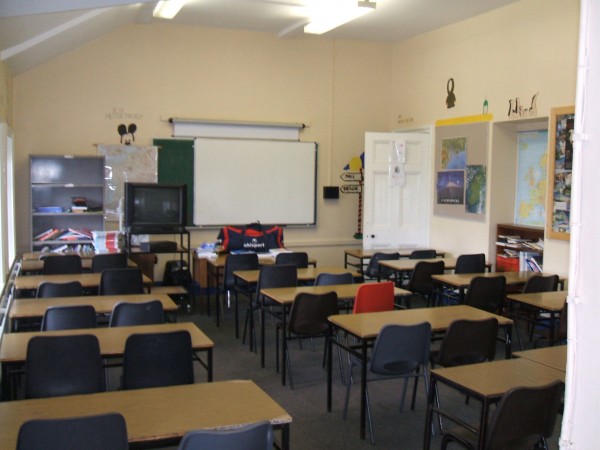A Look at Paul Ryan's Record on Public Education Spending


Some in the education community are voicing their concern for Mitt Romney's recent vice presidential pick, US Representative Paul Ryan (WI). One such voice is that of American Federation of Teachers President, Randi Weingarten who said: "Rep. Ryan's record speaks for itself. He would reduce, not expand, real opportunities for all students to have access to high-quality public education."
Our public education system was not always a federal issue. Prior to 1980 when the US Department of Education was created, the education of American children was handled at the state and local school board level of government. This idea of federally standardized education was not just some project of President Jimmy Carter but an idea which had been discussed back in the 1920s.
In both the US House and Senate there was discussion in 1926 about creating a Department of Education to central manage the education system. Ever since then Washington has been adding layers to this idea of standardization through the curriculum and testing to see who is worthy of funds from the federal budget.
But this method of education puts bureaucrats in control of what is taught in classrooms and focuses on teaching students to take tests and not on educating them to be lifelong learners with critical thinking skills. Steve Maddox an Assistant Principle in Austin, Texas had this to say about standard testing: “We tend to have to narrow our focus on what is going on in the classroom, forcing us to not be able to branch out when opportunities arise.”
Does anything in Paul Ryan's record suggest that he has significant changes in store for education policy in the United States? Probably not. Over his 14 years in Congress, Ryan has been a consistent supporter of increases to federal spending on-- and control over-- public education.
Ryan voted for the Bush era "No Child Left Behind Act." This program was a policy failure according to Neal McCluskey, a policy analyst with Cato's Center for Educational Freedom. He points out in a policy paper from 2007 that its public school choice provisions "are being sabotaged by school districts' eleventh-hour notifications to parents who qualify for choice and severe restrictions on the choices offered." This is one of the multitude of problems with top down central planning.
In addition to No Child Left Behind, Ryan also voted for HR 2110, The Head Start Re-authorization bill that gave $6.8 billion to 8 states to train and coordinate Head Start programs and allow religious organizations to run these programs. He voted for HR 2211, The Read to Teach Act, which authorized $1.5 billion dollars to train and advertise for teachers. He also voted for HR 609, The College Access and Opportunity Act, which allowed foreign universities access to federal student financing programs. These are just three of the many votes Ryan has made in favor of both more federal spending and management of education.
Whatever concerns Paul Ryan's critics may have, they can rest assured that in action, Paul Ryan's career has unequivocally been one of expanding federal spending on education.



